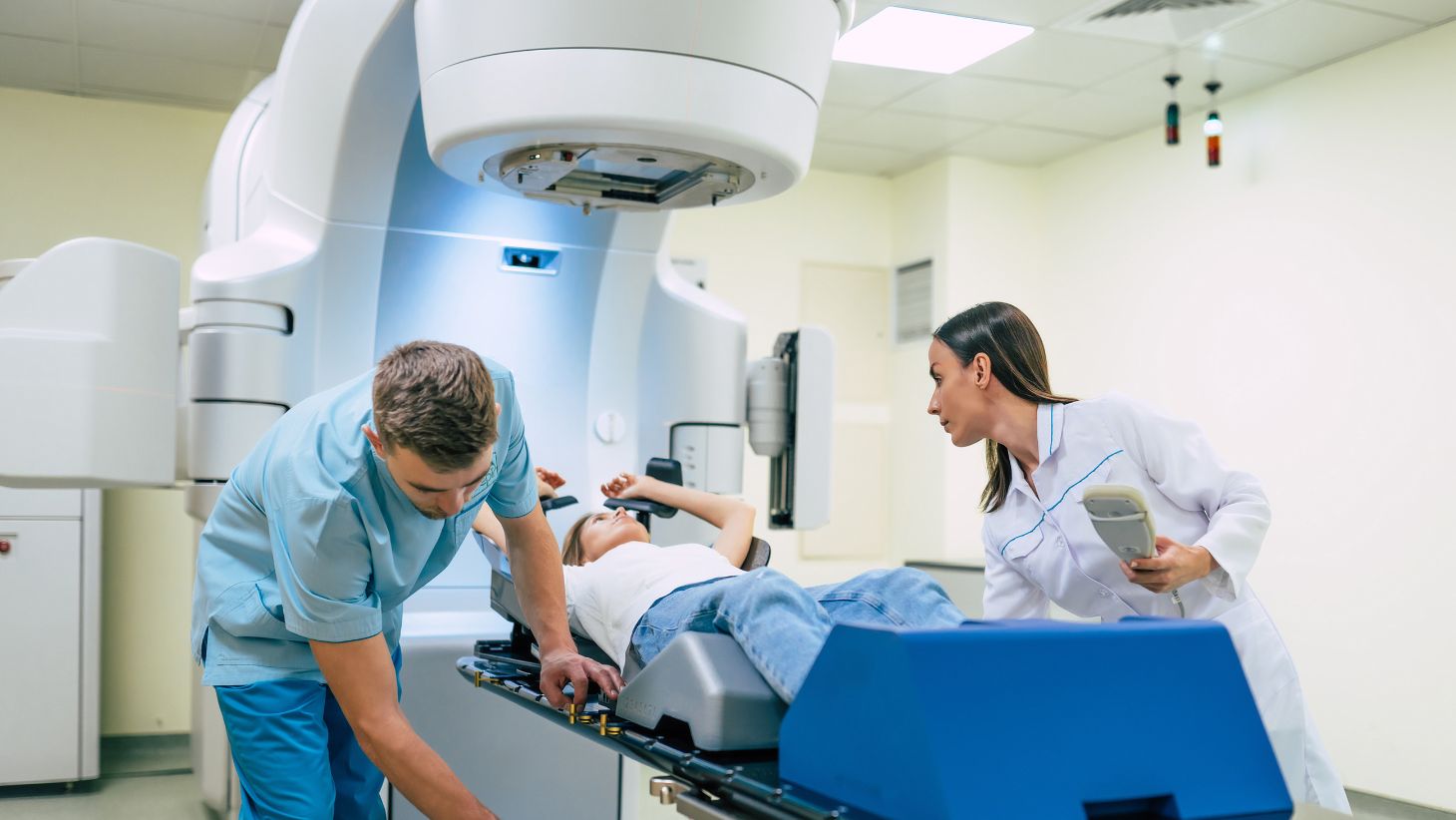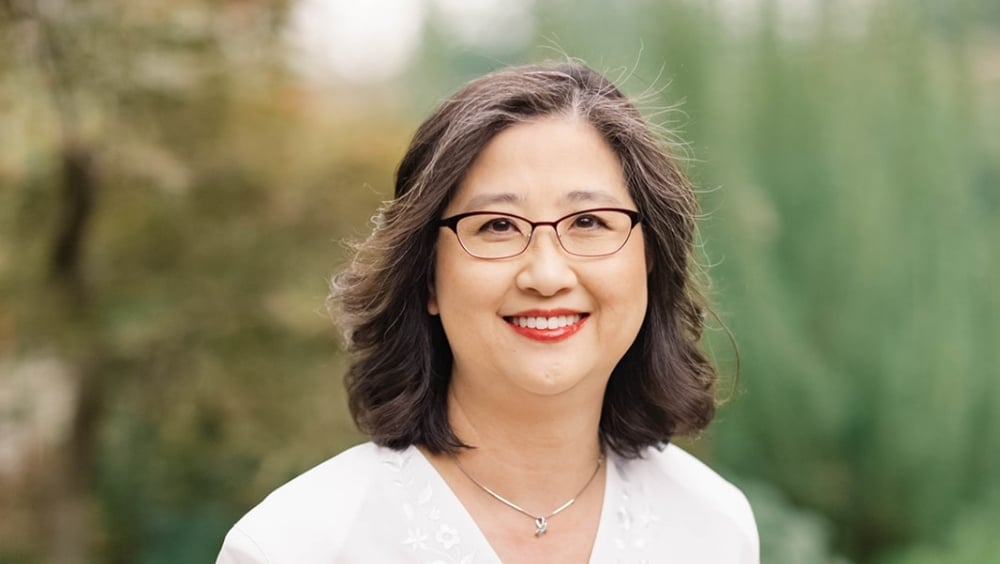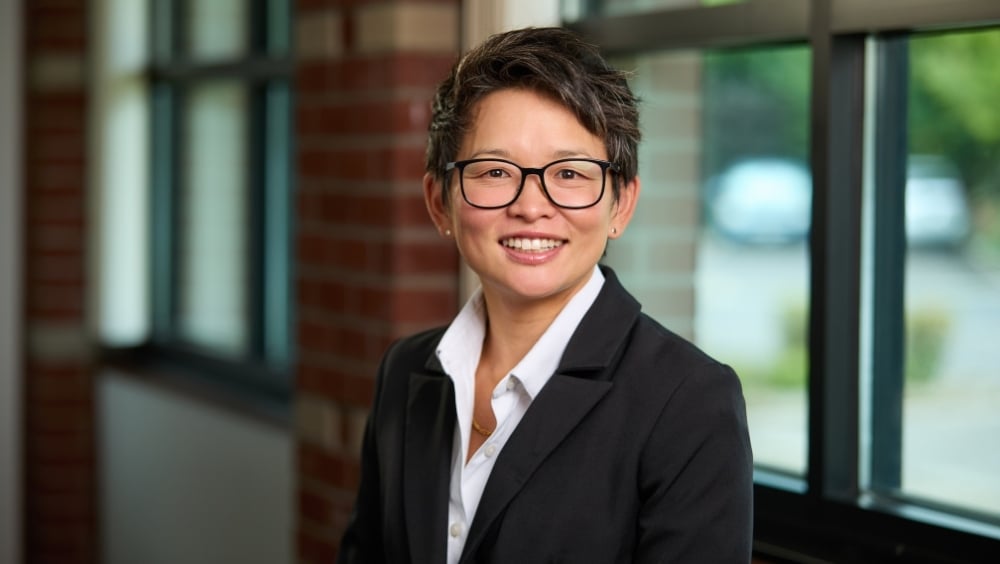One of the first questions asked by patients with breast cancer is whether they will need surgery before or after other treatments. The answer is different for each person, and it’s best to talk with an oncologist who treats breast cancer before you have surgery to remove breast cancer.
Let’s look at how doctors determine the timing of cancer treatments and surgery, as well as the factors that impact the selection for each patient.
Adjuvant vs. Neoadjuvant Breast Cancer Treatments
Neoadjuvant therapy is the term used when treatments are given before surgery to shrink the tumor. The most common types of neoadjuvant treatments are:
- Neoadjuvant chemotherapy: The most commonly used treatment before surgery. Chemotherapy drugs before surgery shrink the tumor and potentially change the type of breast cancer removal surgery needed.
- Neoadjuvant radiation therapy: Directly targeting the tumor with radiation therapy before surgery often shrinks it to a size that reduces the amount of tissue that needs to be taken from the breast during a breast-sparing surgery.
- Neoadjuvant targeted therapy: If the cancer is fueled by the HER2 protein, a drug that targets the overgrowth of that protein can be given to slow the growth and even shrink the tumor before surgery.
- Neoadjuvant hormone therapy: some women will be given drugs that lower hormone levels which can slow the growth of the tumors.
Adjuvant therapy is the treatment for cancer that’s given after surgery to reduce the likelihood of the cancer returning and to be sure that any microscopic cancer cells that remain are killed. You might receive the same treatments both before and after surgery, or there may be some given before surgery and different treatments administered after surgery.
Factors that Affect Breast Cancer Treatment Plans
When it comes to deciding what’s best for each patient with breast cancer, there are several considerations. Your cancer care team is going to consider the following:
- The patient's age, health, and menopausal status
- Stage of breast cancer
- Grade of the tumor (how fast it’s likely to grow)
- Size and location of the tumor
- The tumor’s hormone status, including estrogen and progesterone receptor status and HER2 status
- Presence of inherited breast cancer mutations (BRCA1 and BRCA2)
- The tumor’s genetic profile. This is done using tumor profiling tools like Oncotype DX.
Breast Cancer Staging
While the timing of cancer removal surgery is specific to each person, the stage of breast cancer plays an important role.
Breast cancer can be categorized into five stages. Stage 0 is referred to as non-invasive ductal carcinoma in situ (DCIS) and may not even require surgery. Stages 1 - 4 are referred to as invasive breast cancer. Most of the time, surgery is required for Stages 1 - 4.
- If you have early-stage breast cancer (Stage 1) and are healthy enough to undergo surgery, the team may recommend surgery before other treatments with radiation therapy and possibly other treatments afterward.
- Stages 2-3 may require some treatments to shrink the tumor before surgery is performed to reduce the amount of tissue that’s removed and lower the chance of cancer cells spreading. However, this is not always the case.
- Stage 4 breast cancer will use systemic treatments first, in most cases, because the cancer has spread to other areas of the body, which can be treated by chemotherapy and other medical oncology treatments. Not all Stage 4 breast cancer patients have surgery.
Everyone’s situation is different, and your breast cancer care team will make the decision with you about the necessity of surgery and its timing.
Why Does Menopausal State Matter?
When a patient has hormone-positive breast cancer, hormone therapy is likely to be a part of the treatment process. Most often, this is given after surgery, although not always. The dosing and length of time the medicines are given will depend on whether the woman is pre or post-menopausal.
How Does the Timing of Breast Cancer Treatments Impact the Type of Surgery?
Based on the tumor size and your genetic profile, the surgeon will recommend a specific type of breast cancer surgery. If they feel that neoadjuvant treatments could change the required surgery from a mastectomy to a lumpectomy, this may be a desirable option and can sometimes be achieved with treatment before surgery.
Lumpectomy - Skin Sparing Breast Cancer Removal Surgery
During a lumpectomy, the surgeon removes only the tumor and some of the surrounding tissue to ensure it has not spread into other areas. Depending on the stage and hormone receptor status, you may only need radiation therapy as a follow-up treatment after surgery. Others may require additional treatments to be sure the cancer cells are destroyed in the lymph nodes and to lower the hormone levels that fuel the cancer.
Mastectomy - Full Breast Removal
A mastectomy is a surgery to remove all of the breast tissue from the breast. It may also involve removing some lymph nodes under the arm. Most of the time, these patients won’t have radiation therapy afterward but are likely to have other types of medical oncology breast cancer treatments such as chemotherapy, targeted therapy, hormone therapy, or immunotherapy.
Personalized Breast Cancer Treatment at Willamette Valley
The breast cancer specialists at WVCI work with you to create personalized treatment plans based on the factors discussed here. We’re committed to working with the breast cancer surgeons in our community to deliver the best care possible to our patients.
We want every patient to feel well informed about every decision regarding their breast cancer treatment plan. If you or a loved one has been diagnosed with breast cancer, request an appointment with one of our oncologists throughout the Willamette Valley or Central Coast to discuss treatment options or get a second opinion on the timing of breast cancer treatments and surgeries.




